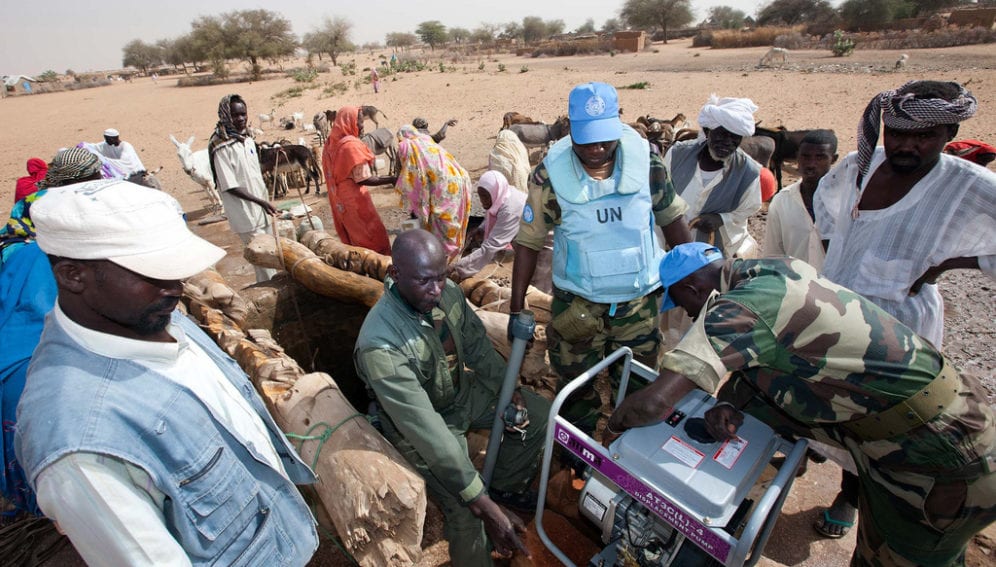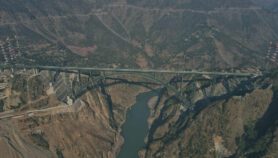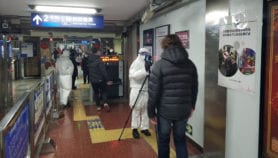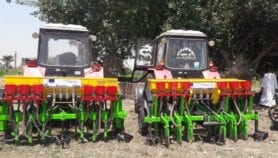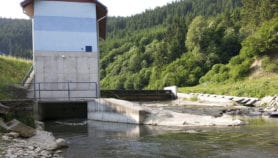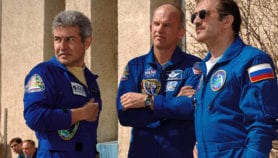By: Kaz Janowski
Send to a friend
The details you provide on this page will not be used to send unsolicited email, and will not be sold to a 3rd party. See privacy policy.
With their practical approach and game-changing ideas, engineers can bring development insight to a wide audience.
I met Kanyhama at the Planet Earth Institute ‘UnConference’ in London in July, and Umar at the World Science Forum in Rio de Janeiro in November. Both started their careers as engineers, and it seems to me that this has given them a special perspective on development in Africa. As Kanyhama succinctly said, it’s about “practical ways of making things better”.
It had been my feeling for some time that engineers are so mindful of practical issues that they seldom allow themselves to stray into more philosophical realms. But as a result of my brief encounters with Kanyhama and Umar, I’m happy to report that this rather naïve assumption of mine has been completely overturned.
Becoming immersed in knowledge
It was Kanyhama who introduced me to the work of Tierno Bokar (1875–1939), a Sufi sage (Muslim mystic) from Mali. Bokar, she told me, taught that there were three types of knowledge and he liked to explain this with a thought experiment of sorts.
He asked his followers to imagine a villager living in a landlocked area. Someone tells this person about the sea, and his or her knowledge is suddenly increased with a new idea — a new concept. The villager has never seen the sea, has no idea what it is; but his or her world now includes a concept of the sea. This is the first level of knowledge.
The second level is when that person decides to see the sea. So the villager travels to the coast and discovers the ocean. And so another knowledge threshold has been reached — the sea can now be experienced through perception.
The third and ultimate level of knowledge comes at the moment when the villager becomes one with the sea. This is total knowledge, beyond which there is no further stage.
Kanyhama says that this idea of immersion underpins the African feeling about knowledge. It stresses the need to create a space in which a more collaborative, humanistic and holistic approach to knowledge can be developed.
Pictures tell the story
In African knowledge systems, Kanyhama says, mathematics, art and creativity are linked and lie at the heart of what she calls “game-changing ideas”.
She gave me a wonderful example of how simple ideas and images, combined in the right way, and with a little technical assistance, can engage policymakers and prompt them to take action.
While working in Sierra Leone she found herself speaking to three senior politicians. Her strategy for engaging these dignitaries was to show them a PowerPoint presentation about transport and access.
“Scientists should understand that our lifetime is very short and that by the time you get a PhD you’re already forty or forty-five and when you become a well-known scientist, you’re fifty or sixty and you really don’t have time, so you’d better get on with it.”
Umar Buba Bindir, NOTAP
The slides showed the construction of small feeder roads, pedestrian bridges and pavements — all small-scale and affordable solutions to local community needs. The effect was dramatic. “This is exactly the sort of thing we need!” cried one of the politicians. There followed enthusiastic calls for the images to be shown to the whole parliament.
Why such an impact? The politicians had, in effect, been immersed in more complete knowledge of what could be done with simple, practical solutions. These were things which they had seen before and which they knew, but they had never thought about them in a way that immersed their senses in a better understanding of what such simple things could mean. Through Kanyhama’s presentation, they had been exposed, in effect, to the third level of knowledge.
Success means being practical
At the World Science Forum, Umar talked of the importance of translating knowledge into practical solutions that can be fully understood by those who aren’t researchers. This too seems to echo what Tierno Bokar said about the importance of reaching full immersion in knowledge.
Umar is a man with great energy who focuses on collaborating with everyone relevant to getting knowledge into practice, from designers and branding specialists to businesspeople. He believes that for change to occur, investment in basic and middle levels of education is a must. Or as he put it, the ground must first be prepared and the seeds sown evenly — metaphors echoing his time spent as an agricultural engineer.
While Umar uses complex phrases like the “ecosystem of innovation” and “the value chain of how knowledge becomes useful”, his key message is really quite simple: science must be of practical value. “The issue is: do you want to be practically measured or not?” he told me.
“Science can quite easily push you to cloud nine and you start floating by yourself, and you’re a great man — but you’re actually nothing. You’re publishing fantastic papers but you haven’t contributed anything to your immediate environment. You may be recognised internationally and nationally but actually when you are checked you haven’t done very well,” said Umar.
I look forward to engaging Kanyhama, Umar and other engineers like them in the debate that we at SciDev.Net will be taking up in the New Year about how African PhDs can best be developed.
I’ll finish with another quote from Umar. “Scientists should understand that our lifetime is very short and that by the time you get a PhD you’re already forty or forty-five and when you become a well-known scientist, you’re fifty or sixty and you really don’t have time, so you’d better get on with it. Be practical, take the young ones with you, be inclusive and for God’s sake enjoy your life.”
This last sentiment sounds rather like a Sufi pearl of wisdom in itself.
Kaz Janowski
Editor, SciDev.Net


